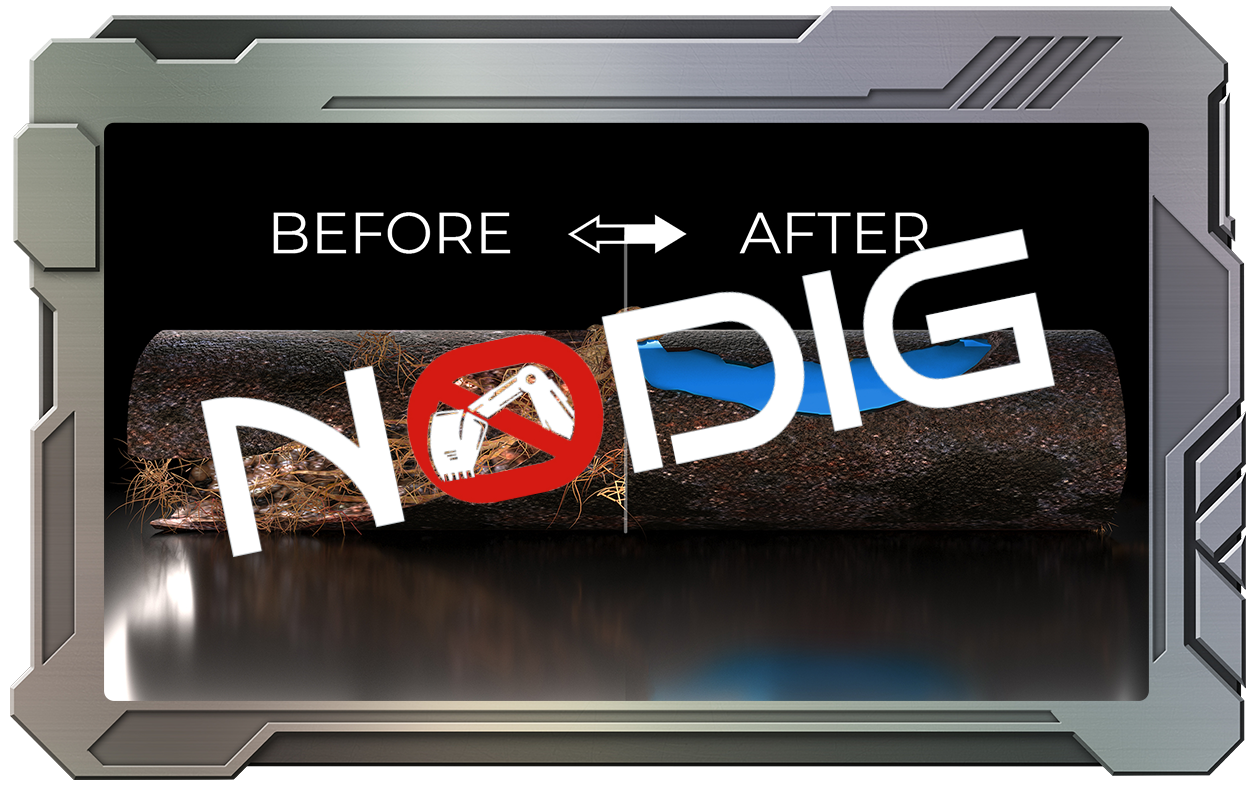Black water is commonly known as sewage from toilets and urinals.
Black water happens when floods wash the leaves, grass, and organic matter off riverbanks into the waterway.
This wastewater is filled with harmful contaminants, bacteria, and viruses that can be detrimental to your family's health and create further damage to one's life.
Black water can also have enormous amounts of pharmaceuticals, grease, and disease-causing organisms such as pathogens.
What Are the Common Causes of Black Water?
Black water is an outcome of the contamination of clean water. Natural disasters and human error can be the usual causes of black water.
Natural disasters such as flooding, hurricanes, and tsunamis bring a huge amount of debris that can go to the watersheds, even on dry lands.
Human error can also cause black water. Incorrect installation of sump pumps or tree root infiltration in households can erode black water to drains in your homes.
Even your faulty sink obstructed with food chunks can be a root cause.
Read more at Puroclean.com.
How to Treat Black Water Surfaces
The black water recycling system is a common method for treatment and disinfection.
The process involves giving the black water ample time for the primary colony of bacteria to eat away at the waste for 24 hours.
1. Aeration Stage
This stage involves injecting water and air into the tank for its contents to get stirred up.
The bacteria will get settled to feed on the sludge in the tank.
2. Sludge Settling Chamber
The outcomes from the first stage will pipe into a settling sludge chamber, where a biomass mechanism will push the sludge downwards and the partially treated water upwards.
At this point, the water will be delivered into the irrigation chamber stage.
3. Irrigation Chamber
The excess water (effluent) will be clarified and chlorinated. This will run into the irrigation systems utilized in non-food gardens.
Note that recycled water doesn't have the quality to be used as drinking water or in food crops because it's obvious that pathogens could still be present in them.
Read more at Cape Town Project Center.
What Is Black Water and Alkaline Black Water
Do not be confused with black water and black alkaline water.
The former contains viruses that can seriously threaten life and even death.
The latter is also called black water but is packed with magnesium and sodium, which can improve the skin.
Read more at Cape Town Project Center.
What Are the Different Types of Sewage Water
They come in different forms. Let's find out their similarities and differences.
Waste Water
Wastewater emerges from homes and business establishments' drains and bathtubs. Wastewater has a usual treatment plant before being dispersed into a waterway.
Storm Water
Storm water is rainwater that does not drown in the ground.
It runs over the roads, parking lots, and into the drains, deserted into waterways. Note that storm water is not treated.
Greywater
Greywater comes from showers, washing machines, and sinks. It contains contaminants such as chemicals and cleaning liquids.
Greywater is quite similar to black water, but their difference is that greywater is not considered pathogenic.
Greywater is simpler to treat. You can use recycled greywater in building wetlands.
Its food particles can even nurture plants. You can use greywater for washing and flushing toilets when there's little water.
Frequently Asked Questions
Here is some additional information to answer your queries:
It is a type of wastewater derived from domestic activities such as houses, hotels, and hospitals.
They generate plenty of waste regularly, which consists of urine and feces.
Its treatment involves a multi-stage process that revamps its quality before the wastewater is reused.
The treatment will aim to lessen or remove the pollutants and eliminate disease-causing organisms.
Read more at Ohioline.osu.edu.
Onsite sewage facilities consist of multiple systems that gather, treat, and disseminate wastewater produced by different establishments.
The treated water will be distributed to the soil instead of being compiled and transferred to a wastewater treatment plant.
The usual facility comprises a septic tank and leach field to distribute the wastewater in the ground.
Learn more at Dec.Vermont.gov.
Conclusion
There are different kinds of wastewater, including greywater and storm water.
While they have lower amounts of contamination, black water can be the one that can cause further damage.
Dealing with wastewater can be complicated, as it involves multi-stage processes, but the good thing is they can be treated and reused.
It's great to be listed on NoDig
-
Join a network of verified sewer repair specialists
-
Get recognized
-
Update your business information
Unlock your listing in minutes.






